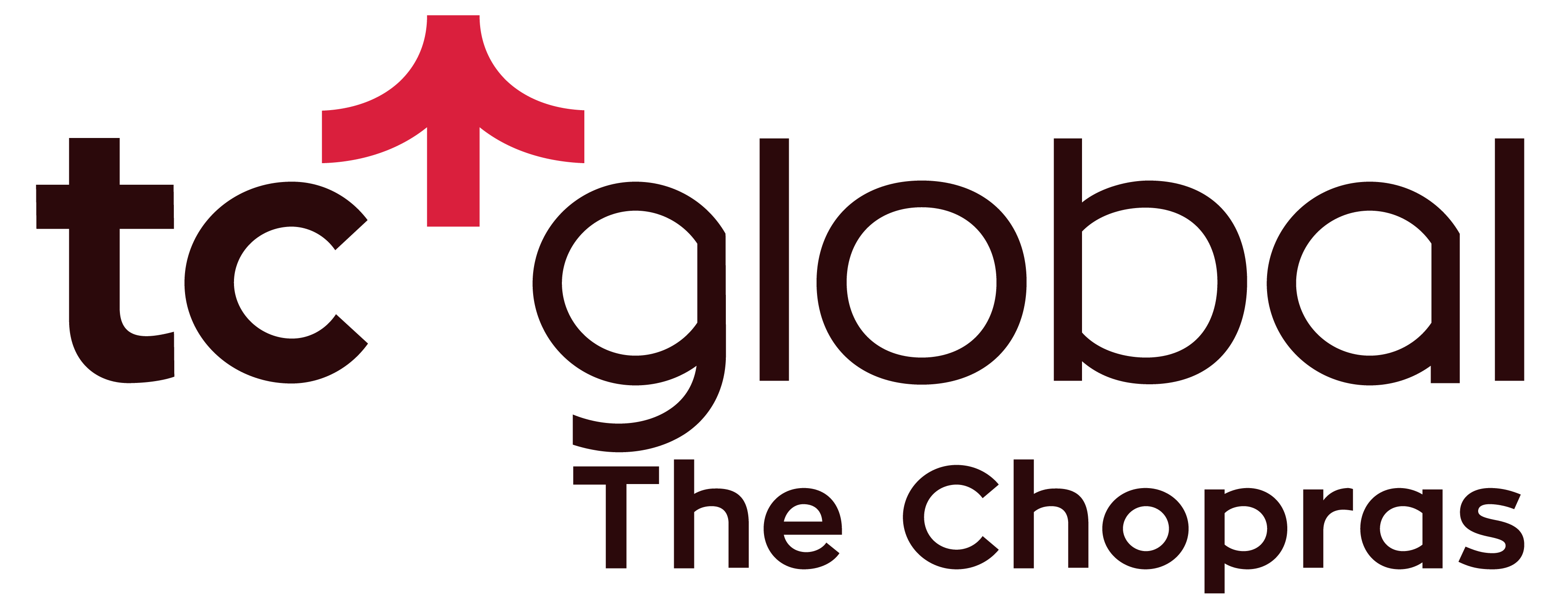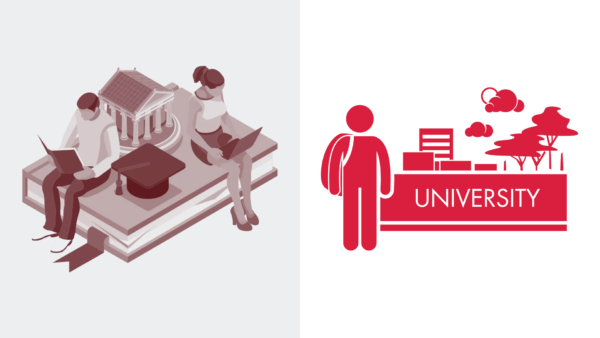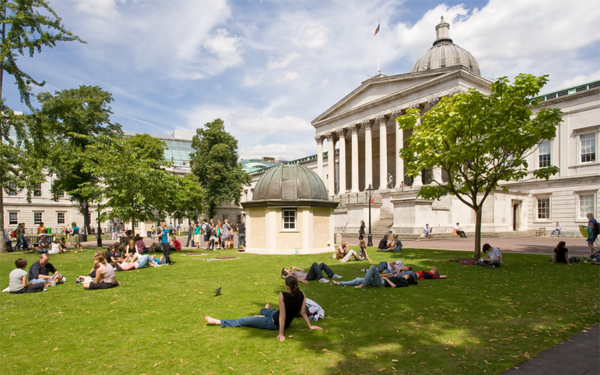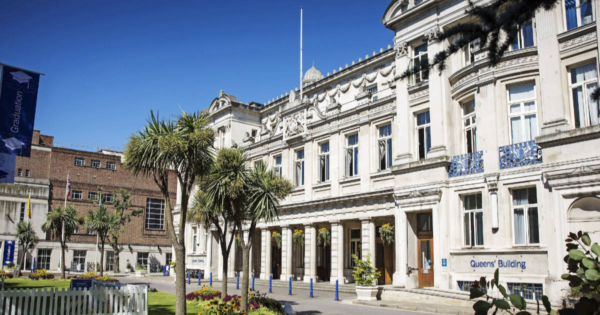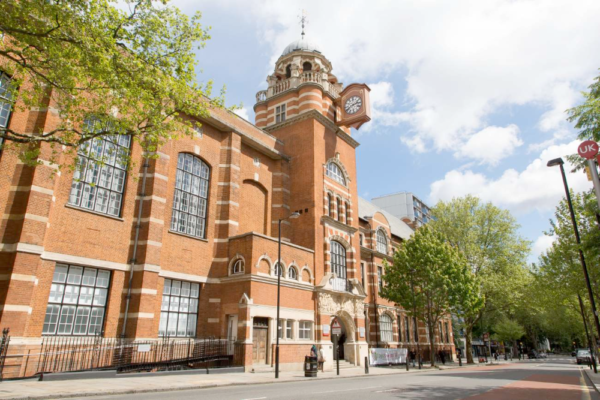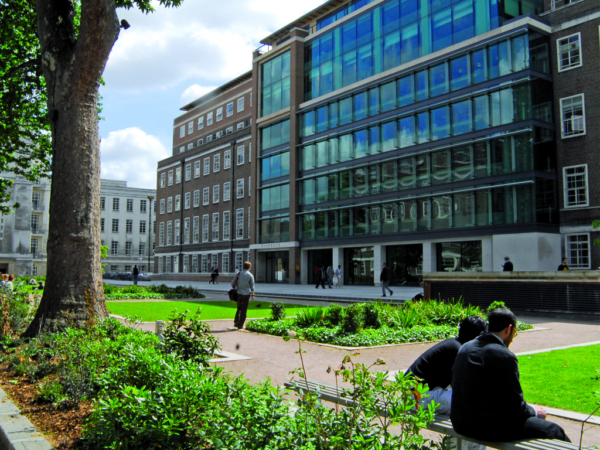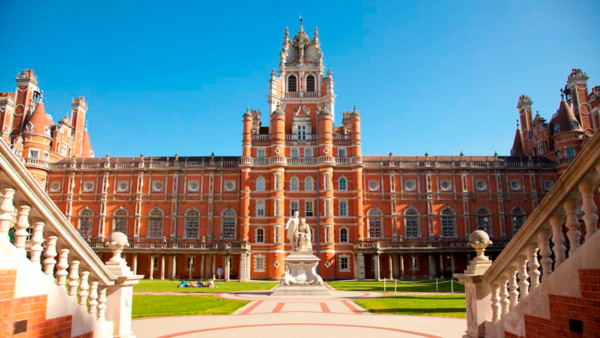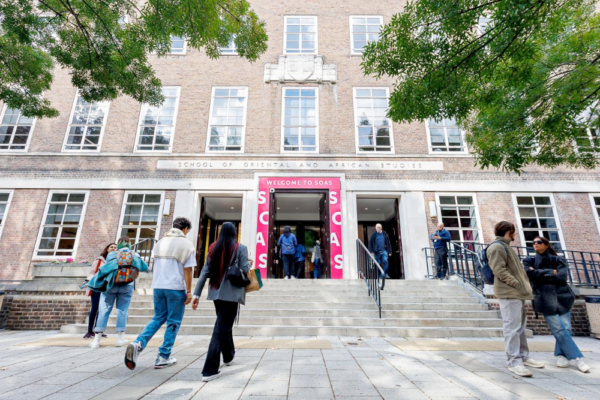
The United Kingdom is world-renowned for offering a wide range of courses and having some of the world’s most prestigious universities including the University of Oxford, University of Cambridge, and the University of Edinburgh to name a few. These are, of course, the top ones – there are many more great universities in the British Isles, apart from the top ranked ones.
Some of the popular courses in the UK include Psychology, Engineering, Architecture, MBA, Law and fashion design. It is also great for Biotechnology and MBBS.
If you are looking to classify universities in London, you can look at them as part of the following categories:
- 1. Ancient/ Traditional universities: Some of the largest and the oldest universities in the United Kingdom, these are institutions of higher education that have stood the test of time. They have remained pioneers of education and have attracted students from all over the world through the course of their histories. Examples of ancient universities in the UK include the University of Oxford, the University of Cambridge, the University of Edinburgh and many more. In London, University College London (UCL) can be traced back to 1826.
- 2. Red brick universities: Then, you have the red brick universities which were granted university status around World War I to meet the growing demands caused by developments in science, design and technology. These universities share a distinct red brick and gothic style architecture. The red brick universities are Universities of Birmingham, Bristol, Leeds, Liverpool, Manchester and Sheffield
- 3. Plate glass universities: The next is the group of universities who gained university status in the 1960s in an attempt to increase the number of degree granting institutions in the UK. They are named so because of their modern architecture wherein large areas have plate glass in steel or concrete frames. Examples include Brunel and City University London.
- 4. Metropolitan Universities: This is the newest group of higher education institutions to attain university status. They are deeply rooted in history, as they functioned as places of tertiary education, polytechnic colleges, professional training or teacher training colleges until they expanded and gained a university status in the 90s. The London Metropolitan University is one such example.
- 5. Russell Group universities: This is one classification that is not based on chronology. Comparable to the Ivy League in the USA, the Russell Group comprises global education leaders in the UK who offer world-class facilities for research, learning, employability and student satisfaction. There are 24 universities in this prestigious group, out of which Imperial College, King’s College, LSE, Queen Mary University and UCL are located in London.
Apart from these there are also some great public universities in the UK . Before we explore the top universities in London, we must first understand how studying in London can be fruitful for international students.
Some of the top reasons to study at universities in London include:
1. Access to world-class facilities and resources:
London has a number of top universities that are well-known for their excellent facilities. Around 94% of schools in the city have been judged to be good or outstanding by Ofsted. London college facilities are also top-notch. From on-campus accommodation to accessible healthcare facilities, the number of student services that are available universally is incredibly high.
2. High-quality education:
80 UK universities feature in the top 1000 global universities out of which there are at least 15 universities that are based out of the city, a unique feat that no other city can boast of.
3. Career opportunities:
The city is home to a number of businesses and multinational companies. Most universities have well-established networks that can help students to find employment opportunities with ease. Over 90% of students find a job within 3 months of graduating.
4. Cultural Diversity:
London has a multicultural environment that has been long sought-after by international students and those looking to settle in the UK.
Over 500,000 international students are currently studying in the UK of which around 120,000 study in one of the city’s institutions.
5. Delightful student life:
London college student life is unmatched, thanks to its lively and young population! The city boasts of having a diverse and inclusive environment that allows international students to meet and learn from people from different backgrounds and cultures. Despite being an international hub, there is no doubt that London is also a student city.
6. Wide array of programs:
Colleges in London offer some of the most diverse programs and courses across a wide array of disciplines, including some great business schools. Some of the top London college courses include
- Master of Business Administration
- Master of Finance
- Bachelors in Nursing
- Master of Science (Data Science)
- Master of Science (Robotics)
Also, did you know that you can study in the UK without the IELTS? It’s possible!
